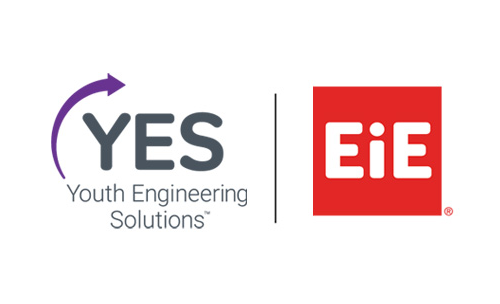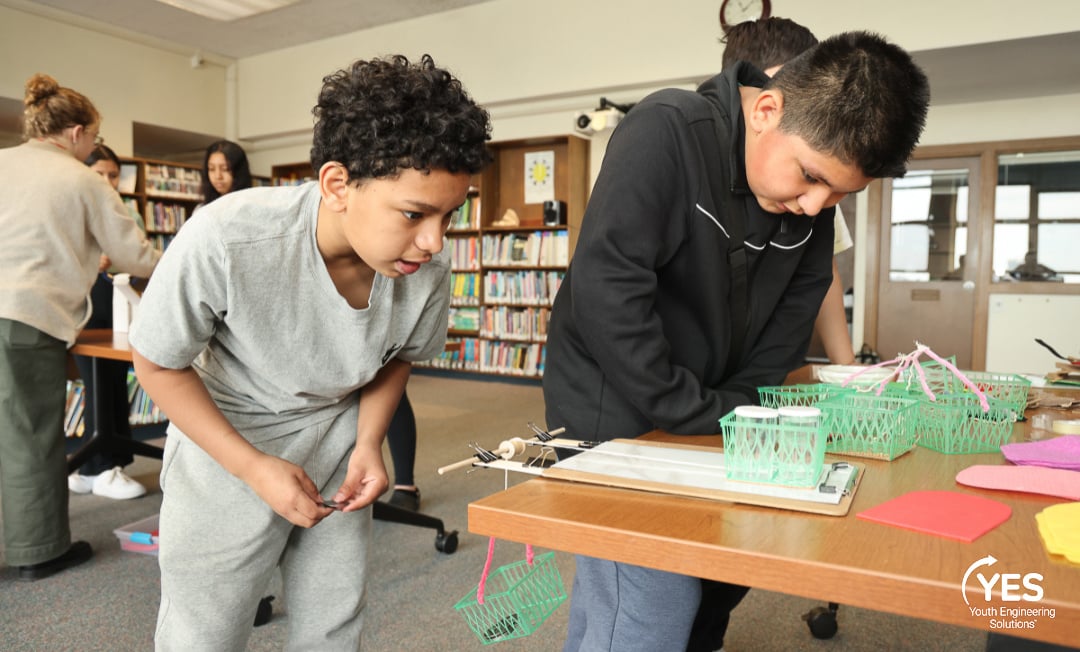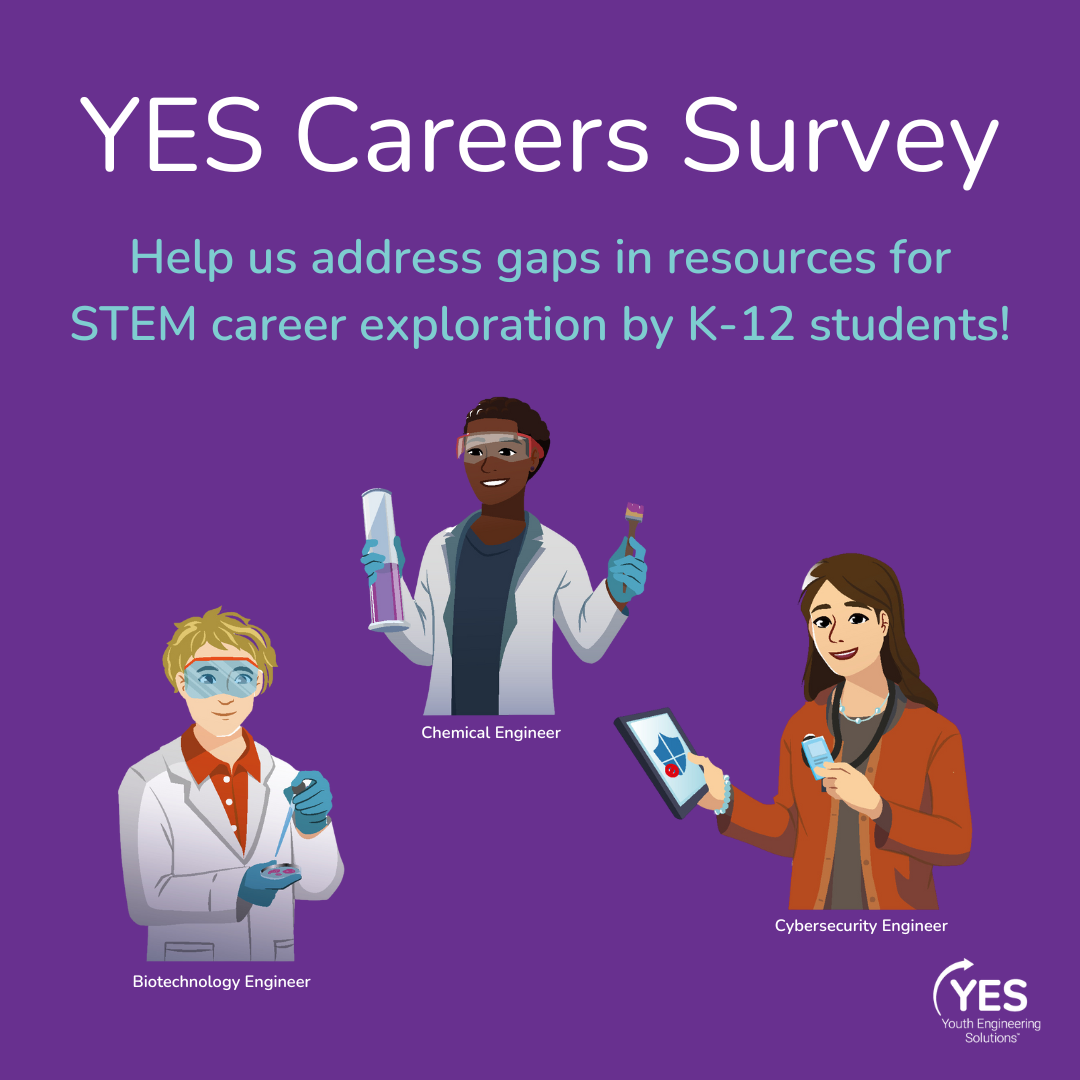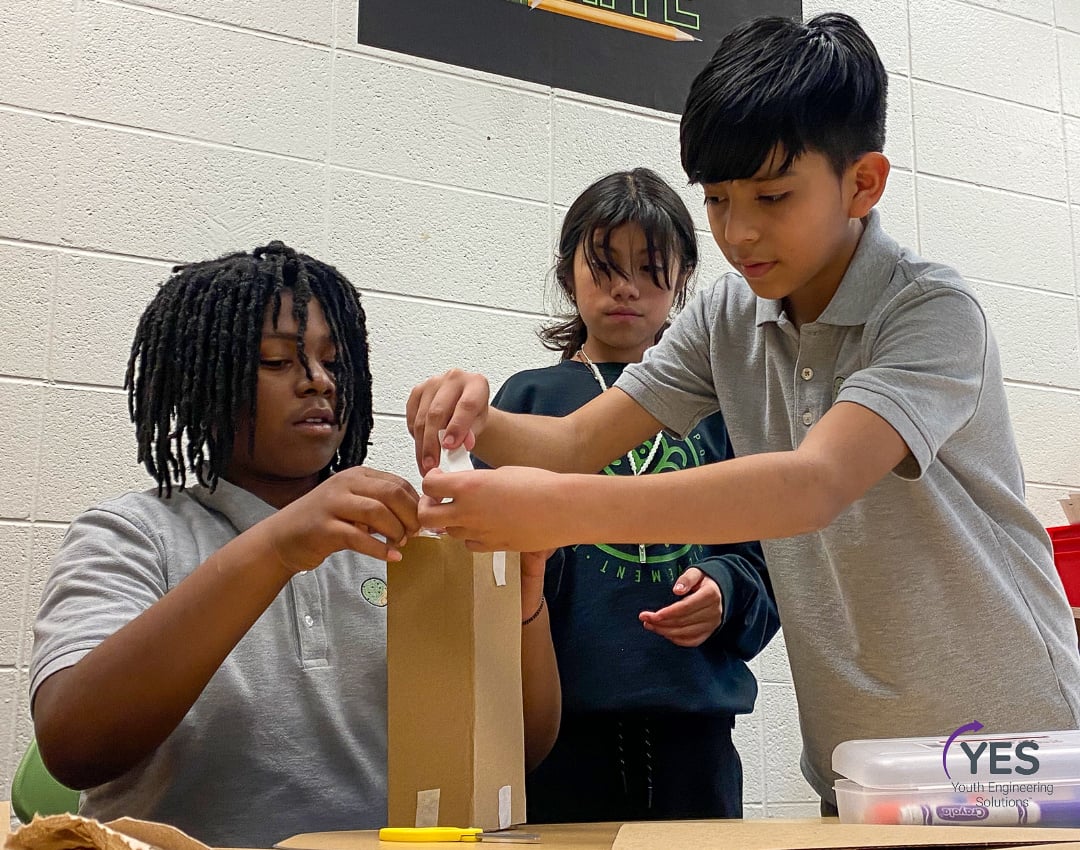YES and EiE Founding Director speaks on podcast about the Museum of Science’s STEM education efforts.

Dr. Christine Cunningham. Credit: Courtesy of J. Bradbury of TeacherCast.
Last week, Dr. Christine Cunningham was the featured guest on the educator-focused podcast, TeacherCast. Hosted by Jeff Bradbury, episode 26 focused on how the Museum of Science, Boston and its PK-12 division were fulfilling a broader mission to equip and inspire everyone to use science for the global good through its STEM (science, technology, engineering, and mathematics) educational offerings. For the Museum’s PK-12 division, that mission includes introducing engineering to students and the teachers who educate them.
“Traditionally, engineering has been seen as an elite subject for the super smart,” said Dr. Cunningham. The Founding Director of YES (Youth Engineering Solutions) and EiE (Engineering is Elementary) added: “We believe that every child has something they can contribute to shaping the world that they live in.”
STEM for Everyone
To tap into those talents and share STEM with everyone, the PK-12 team recently made all its curricula available for free to download on its website. The award-winning curricula was designed to maximize student involvement.
“We’ve got various context-setting elements that align with the units that make them more relevant to children,” Dr. Cunningham explained. “Depending on their age level, the students might read a short story, they may look at comics, there are some videos…” Ultimately, the real action takes place in each unit’s engineering design challenge. Continued Dr. Cunningham: “These are very hands-on activities—we believe children should be doing engineering, not [just] reading about it.”

A student builds an eco-friendly slipper. Credit: E. Workman.
Sliding in as one of Dr. Cunningham’s favorite units? “At the middle school level, my favorite unit right now is one that focuses on what we call ‘Eco-friendly Slippers,’” she said. “It’s a unit that’s grounded in the science of forces. In this case, [students are] trying to think about how they can design first the sole of a slipper that has enough traction that it’s safe, but not too much traction so it’s unsafe.”
Middle school units are just one type of curricula on offer. YES and EiE units also include challenges for elementary students and preschoolers. Other opportunities for students include engineering fans, night lights, bandages, and earthquake-resistant buildings. Uniting all these is a focus on the common problem-solving approach engineers use.
Educating Teachers to Educate Students
A vital part of the PK-12 division’s mission is working with teachers and STEM specialists to help them bolster their comfort and skills in teaching engineering concepts.
“We recognize that curricular materials are important, but they’re not the only thing that can support teachers in classrooms,” Dr. Cunningham said. “We know that [for] educators… often, engineering is a brand-new discipline. They may never have experienced it themselves in school—I certainly did not. They may not really know what it is, or ‘How do I best teach it?’, or ‘How do I best teach it so that all kids in my class are successful?’ We really try to support them in a variety of different ways.”

A Professional Learning team member speaks with educators at a workshop. Credit: C. San Antonio Tunis.
Spearheaded by the Professional Learning team, that support includes workshops, free webinars, and Teacher Educator Institutes (TEIs). TEIs are three-day workshops that offer educators a chance to get a “more in-depth view of the kind of work that they might be doing, [and] the various kinds of curricula we have,” Dr. Cunningham said.
“We know the best and most impactful way to do professional learning is to gather teachers together and have them go through the experiences," she added. "We try to do this [by] having them think about what they’re doing from the learner’s perspective—really experience it as their students would experience it—and then change their lens and think about what they’ve just done from the educator’s perspective.”
For those unable to attend in-person events, YES and EiE have plenty of resources to assist them. In addition to free webinars and curricula guides, Dr. Cunningham noted, “We also have some videos that can help educators as they’re setting up the materials… For teachers who don’t really want to go and gather the materials themselves, we sell materials kits to support that—that was a teacher request—and some print copies of the materials that are available online as well.”
Engineering Awareness About Our Planet

The Museum of Science’s Earthshot.
Amongst the many topics covered by YES and EiE’s engineering and STEM resources, two are particularly close to the Museum’s heart. This year, the Museum of Science is focusing on sustainability and climate solutions as part of its Earthshot initiative. Both feature prominently in several YES and EiE resources.
“There are probably about 12-14 different engineering activities that we’ve designed,” said Dr. Cunningham. “From designing plastic filters that remove plastic from the environment, to designing slippers that are thought about in more sustainable ways, to designing dwellings—different kinds of houses that can keep a home cooler; to think[ing] about how we might use winds to generate energy… That suite of resources allows kids to really think about what are some ways that engineers can change and shape the environment that they live in to be more sustainable, and think carefully about our contributions to this fragile and beautiful planet that we live on.”
Listen to the full podcast below:
Want to watch instead? View the full discussion below:
***
To learn more about YES Professional Learning’s July 2024 Teacher Educator Institutes for elementary and middle school students, please visit our website here.
For more on the Museum of Science, Boston’s Earthshot campaign, please visit the Museum website here.
To learn more about the TeacherCast podcast, please visit the website here.








